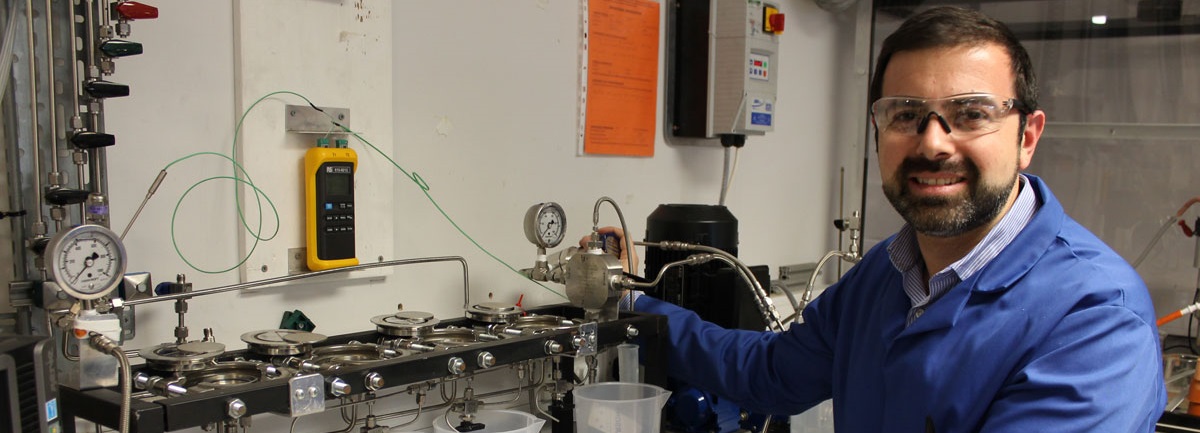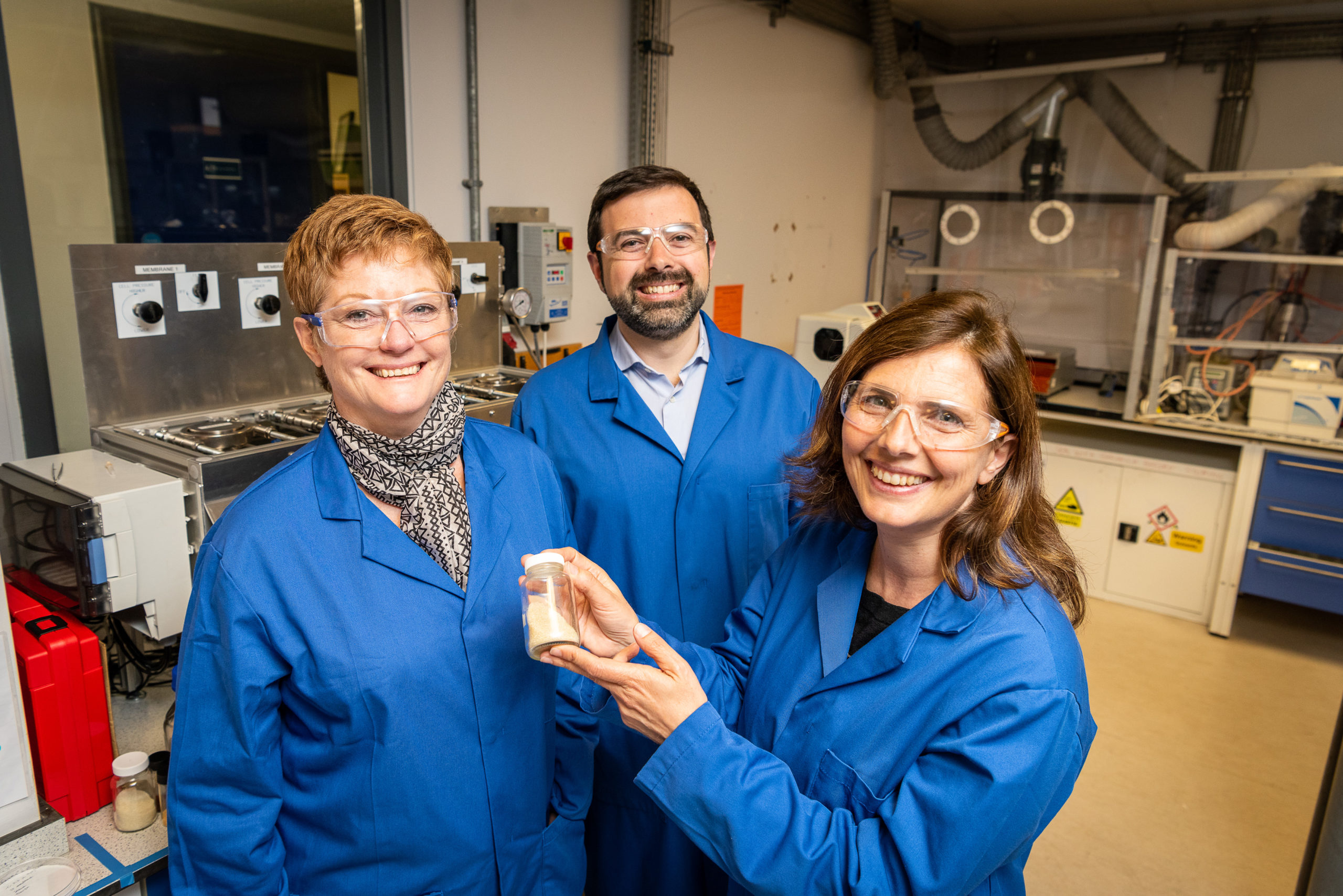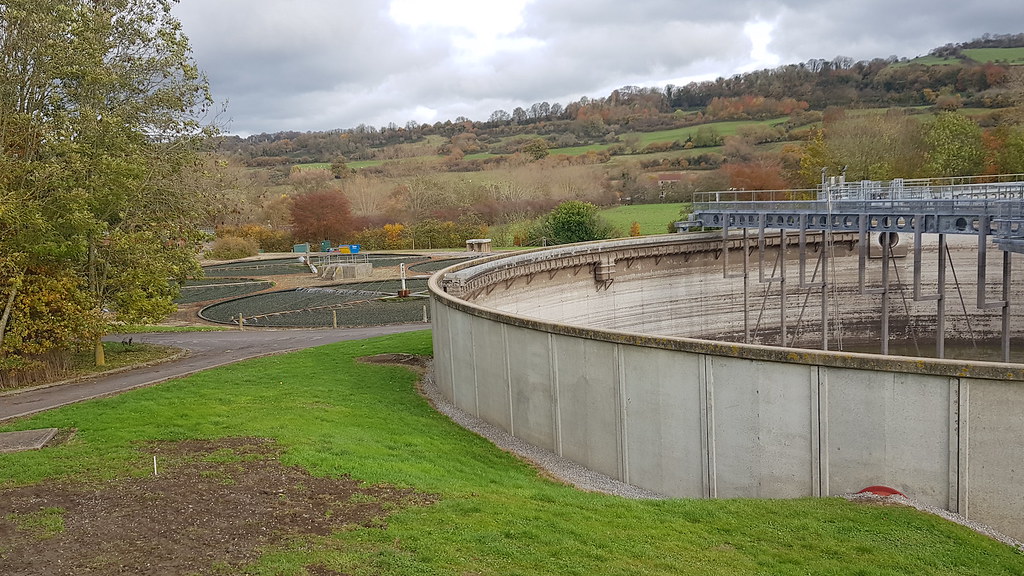
New nanoporous metal foams uses sunlight to clean up water
Professor Davide Mattia, member of the CSCT and Department of Chemical Engineering is leading the way in creating a new, more efficient way for the water industry to safely remove micropollutants from water without increasing their carbon footprint.
Professor Mattia has been awarded a five-year EPSRC (Engineering and Physical Sciences Research Council) Established Career Fellowship in Water Engineering, to develop novel photocatalytic nanoporous anodic metal foams – a sponge-like substance – which will use sunlight to safely remove micropollutants from water.
Micropollutants – found in toxic chemicals such as drugs, hormones and pesticides – represent today one of the biggest public health and environmental challenges in the UK as well as other countries. Present in wastewater at very low concentrations, micropollutants slowly accumulate in the soil and in ground water, upsetting the ecological balance and eventually finding their way into the human food supply chain, with a potential to cause severe adverse long-term health effects.
Existing technology comprising the majority of water treatment plants in the UK and abroad is not capable of removing micropollutants, requiring large capital investment by the water industry to meet impending legislation requiring their removal. As such, there is an urgent need for efficient, effective and low-carbon technologies capable of safely removing these micropollutants from the water.
The most promising technology to address this problem is photocatalysis, where light is used to speed up a reaction which breaks down organic pollutants to non-harmful constituents.
Given the very large volumes of water that need to be treated and the low concentration of micropollutants, very large amounts of nano-sized photocatalyst particles are required, creating a risk of these nanoparticles leaking from the water treatment plant and accumulating in the environment, also with potentially adverse effects.
Professor Mattia, said: “I will be working with academic and industrial partners to retrofit existing water treatment plants to accommodate this new technology. We hope this will result in a more effective way of removing micropollutants in water without increasing carbon emissions or producing toxic by-products.
Professor Mattia added: “I am very excited at having the opportunity to address the grand challenge of micropollutant removal and am grateful to the EPSRC for their support.
“I believe our anodic metal foams represent an innovative and practical solution that water companies will be able to integrate in their existing infrastructure without radical changes, thereby low the barriers to their adoption.”







